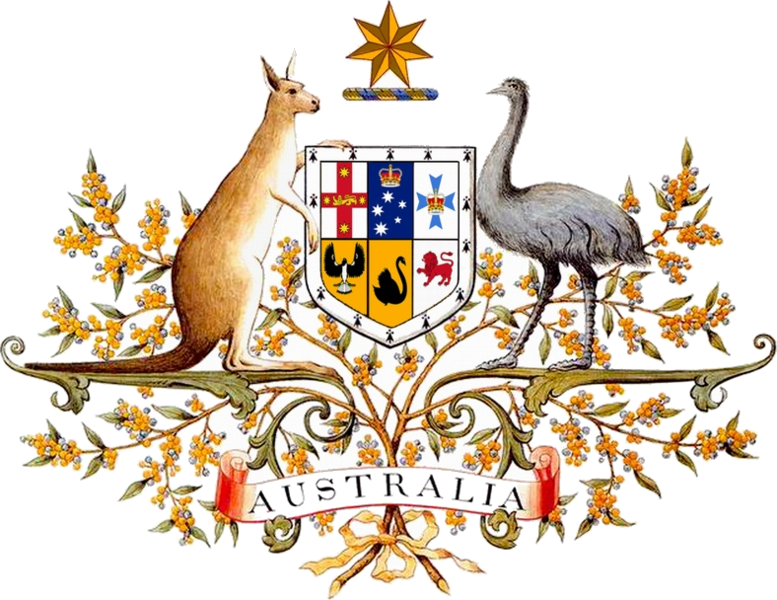citations
There was Lars Holger Holm, of Sweden, stating the impossibility of any kind of democracy within the domain of art.
Dr. Alexander Jacob was next, discussing the religious and political views of Richard Wagner. Wagner, he maintained, believed in a specifically Aryan form of Christianity, which emerged as a result of its spread to Europe, as opposed to the forms of religion which go by that name in the modern world, which he believes have returned it to its Judaic roots and resulted in a universalist creed which fosters usury and racial degeneration. He explains how Wagner saw the solution to this problem in the re-emergence of a specifically Germanic form of Christianity, which would reinvigorate the belief in love and union with Nature.
For Tomislav Sunic, of Croatia, race is not the alpha and omega in ethno-differentialism as opposed in race-suppremacism.
The “WASP,” according to the Australian Professor Andrew Fraser, is the invisible race within the lobbies and civic patriotism of the nations they inhabit, having now lost any sense of identity and become unable to defend their own interests in the face of strengthening ethnic consciousness among minorities in their own lands.
Ce revival de l'esprit wagnérien par les identitaires nous rappelle que le grand musicien en fut l'un des précurseurs, établissant le diagnostic et indiquant le remède au malaise de la modernité.















































































































